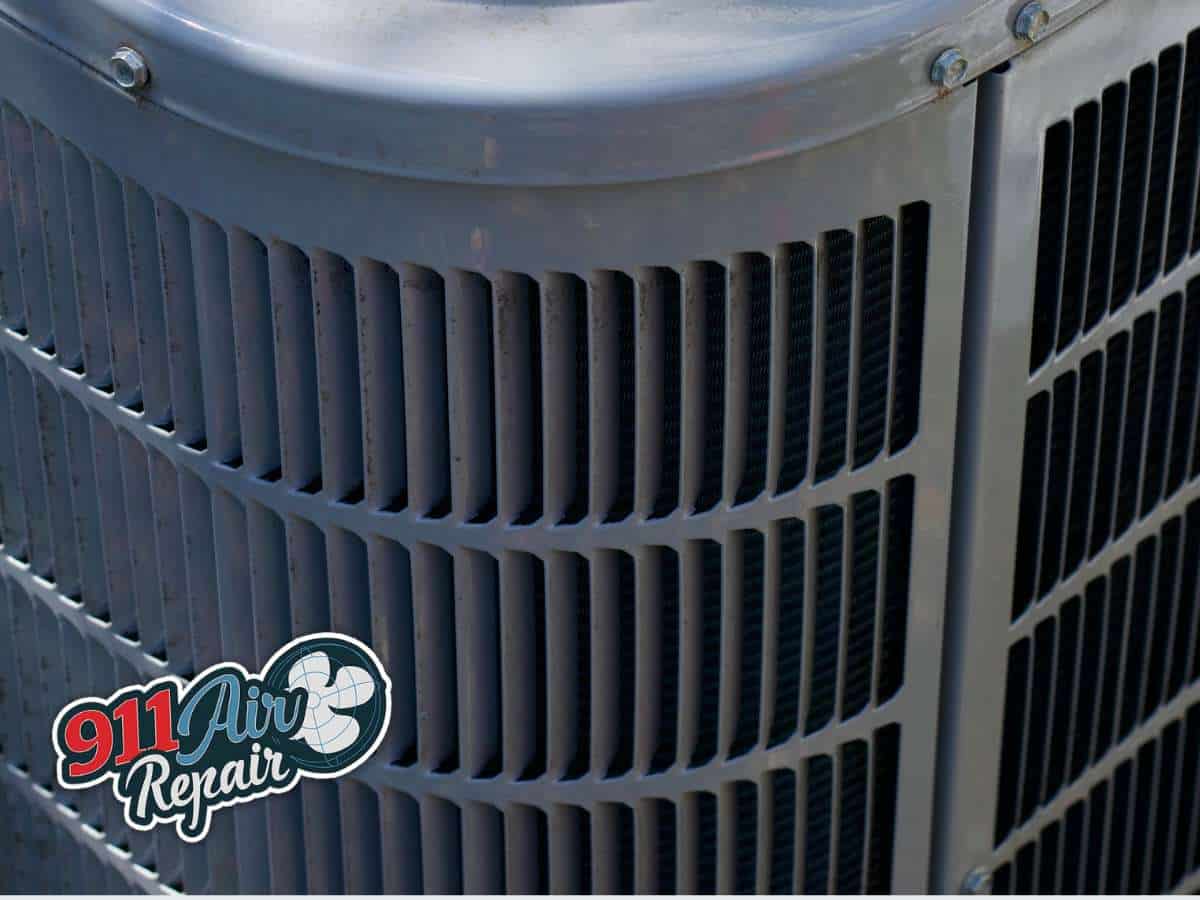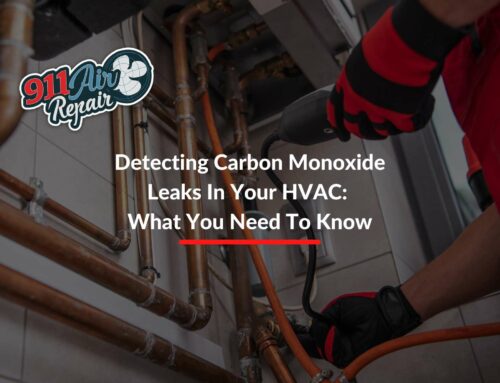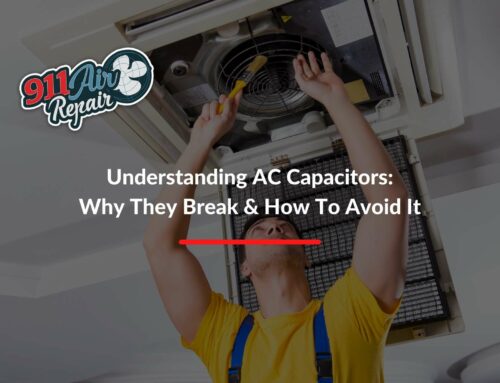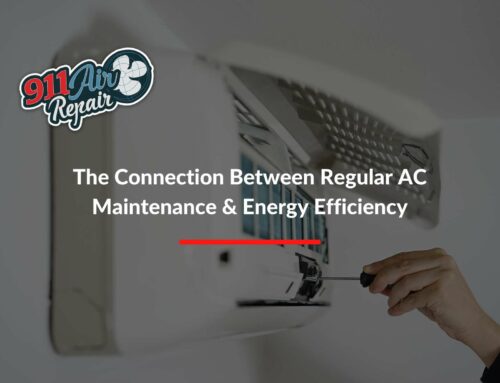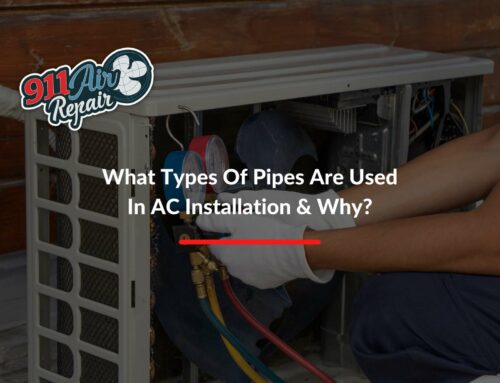Key Factors For Choosing The Right HVAC System: Save Money & Minimize Environmental Impact
When it comes to selecting the right HVAC system for your home or business, one of the most important factors to consider is energy efficiency. Understanding HVAC service ratings can help you make informed decisions that will not only save you money in the long run but also reduce your environmental impact.
In this guide, we’ll break down key HVAC efficiency ratings, explain their significance, and offer insights into how you can choose the most energy-efficient system for your needs.
What Are HVAC Energy Efficiency Ratings?
HVAC energy efficiency ratings, such as SEER (Seasonal Energy Efficiency Ratio), AFUE (Annual Fuel Utilization Efficiency), and HSPF (Heating Seasonal Performance Factor), provide valuable insights into how efficiently an HVAC system operates. These ratings reflect how well a system converts energy into cooling or heating, and they can significantly influence your energy bills over time.
For homeowners and businesses alike, selecting a system with a high efficiency rating means reduced energy consumption, lower operating costs, and a more sustainable environment. Let’s take a closer look at some of the most commonly used ratings.
SEER: Understanding Cooling Efficiency
SEER stands for Seasonal Energy Efficiency Ratio and measures the cooling efficiency of an air conditioning unit over an entire season. The SEER rating is calculated by dividing the total cooling output (in BTUs) by the total energy consumption (in watt-hours) during a typical cooling season. A higher SEER rating indicates that an air conditioner is more efficient at cooling, using less energy to achieve the same or better results.
For example, a system with a SEER rating of 18 will provide more cooling per unit of energy compared to a system with a SEER of 13. In regions with warmer climates, where cooling is essential for a larger part of the year, investing in a high-SEER system can lead to substantial savings on energy bills over time.
AFUE: Heating Efficiency Explained
AFUE, or Annual Fuel Utilization Efficiency, measures the efficiency of a furnace or heating unit in converting fuel into heat. It is expressed as a percentage, with higher percentages indicating better efficiency. For instance, an AFUE rating of 90% means that 90% of the fuel used by the furnace is converted into usable heat, while the remaining 10% is lost as exhaust.
In general, systems with an AFUE rating of 90% to 93% are considered mid-efficiency, while systems with ratings above 94% are considered highly efficient. Choosing a system with a higher AFUE rating minimizes energy waste during heating, which can reduce wear and tear on the system and potentially lower repair and maintenance expenses.
Why HVAC Efficiency Ratings Matter
The importance of HVAC efficiency ratings goes beyond just reducing monthly utility bills. High-efficiency systems tend to have a longer lifespan, thanks to their reduced energy consumption and less wear and tear. They are also better for the environment, as they produce fewer greenhouse gas emissions. As a result, choosing an efficient system not only benefits your wallet but also contributes to a greener planet.
Moreover, when it comes to long-term savings, energy-efficient systems often justify their higher upfront costs. While systems with higher efficiency ratings may have a higher upfront cost, they often deliver significant long-term savings due to reduced energy consumption.
How To Choose the Right Energy-Efficient HVAC System for Your Home or Business
Selecting an energy-efficient HVAC system requires careful consideration of several factors, including your climate, home size, and the type of system you are looking for.
Consider Your Local Climate
In warmer climates where air conditioning is used extensively, a higher SEER rating can provide substantial savings. Conversely, in colder regions where heating is the primary concern, a high AFUE rating will offer better savings and comfort.
Assess Your Home’s Insulation
A well-insulated home requires less energy to maintain a comfortable temperature, meaning that even a lower-rated HVAC system can perform efficiently. If your home’s insulation isn’t up to par, you may need to upgrade it alongside your HVAC system to get the most out of your investment.
Look At The Size Of Your Space
Larger homes or buildings may require more powerful HVAC systems to ensure consistent temperatures. Ensure that the system you choose matches the size of your home or business. Oversized systems can be inefficient, and undersized systems may struggle to keep up with demand.
Check For Energy Star Ratings
When selecting an HVAC system, it’s important to look for the Energy Star label. This label indicates that the system meets strict energy efficiency standards set by the U.S. Environmental Protection Agency (EPA), ensuring that the system will perform at a higher level of efficiency.
Work With a Trusted HVAC Contractor
A professional HVAC contractor can help you assess your home or business’s needs and recommend the most suitable system for your climate, space, and budget. By working with experts, you can ensure that the installation is done correctly, further maximizing the energy efficiency of your system.
Maintenance: The Key To Sustaining Efficiency
Once you’ve installed an energy-efficient HVAC system, proper maintenance is essential to keeping it running at its best. Regular AC service and HVAC service appointments will help ensure that your system operates at peak efficiency, avoiding issues that can lead to decreased performance and higher energy bills.
Routine maintenance tasks such as changing air filters, cleaning coils, and checking refrigerant levels can prevent energy waste and extend the lifespan of your system. It’s also important to schedule professional inspections to catch any problems early before they lead to expensive repairs.
Why Energy Efficiency Ratings Are Key For HVAC Systems
Understanding and selecting HVAC systems with the right energy efficiency ratings is essential for maximizing savings, reducing environmental impact, and maintaining comfort throughout the year. By focusing on SEER, AFUE, and other efficiency metrics, homeowners and business owners can make more informed decisions when choosing new HVAC systems.
When it’s time for a new HVAC installation, be sure to choose a reputable Maricopa HVAC company to guide you through the process and ensure your system is operating at peak performance. At 911 Air Repair, we are committed to helping you make energy-efficient choices that meet your needs and budget.
Whether you need AC repair, maintenance, or a new system installed, our experienced team is here to assist you. Contact us today to schedule your consultation!
19756 N John Wayne Pkwy STE 106,
Maricopa, AZ 85139
Phone: (480)-360-1234
Email: support@911-ac.com

